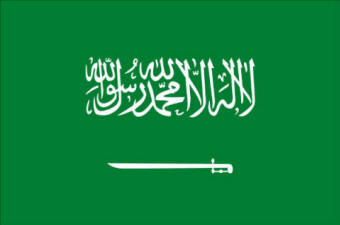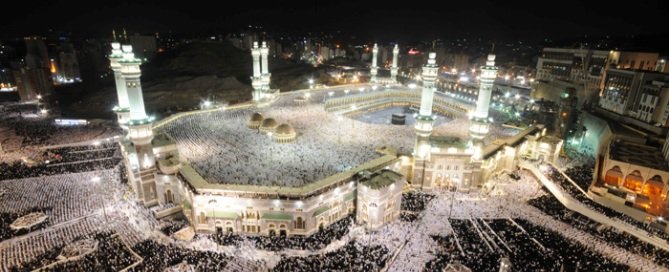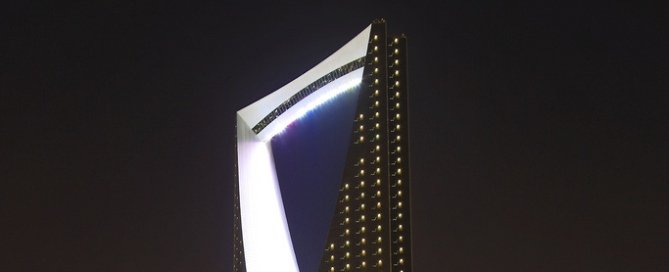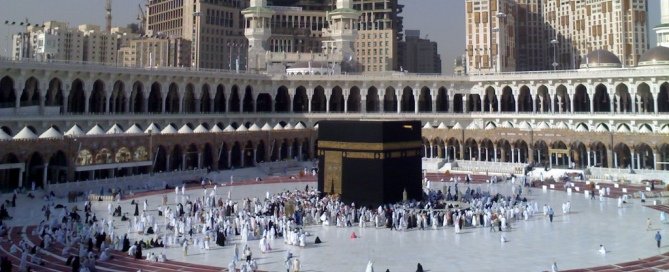Guide to Saudi Arabia
Quick Facts

Population: 26 million
Main Language: Arabic
Currency: Saudi Arabian Riyal
Calling Code: 966
The Kingdom of Saudi Arabia is the birthplace of Islam and home to the holy cities of Medina and Mecca, where the Prophet Muhammad was born and united various tribes of the Arabian peninsula to found a single Islamic polity. After Muhammad's death in 632, Muslim rule expanded throughout the region and found its center in more developed empires based in Cairo, Baghdad or Istanbul. Saudi Arabia remained a peripheral state until the 18th century, when the Saudi royal family, known as the Al Saud, emerged and allied with religious leader Muhammad ibn Abd al-Wahhab. In 1902, Abdul Aziz ibn Abdul Rahman ibn al-Saud (Ibn Saud) forced religious authorities in modern-day capital Riyadh to swear allegiance to the Al-Sauds, and in 1932 the Kingdom of Saudi Arabia was officially formed, with Ibn Saud proclaiming himself King of the Hejaz and Sultan of Najd.
Saudi Arabia's development was ensured upon the discovery of oil in the early 1900s, which enabled the government to fund free health care and launch a building boom. The economic importance of Saudi Arabia would escalate when it imposed an oil embargo on the United States in response to U.S. support for Israel, an action that was acclaimed in the region. However, the last decades of the century brought assassinations, riots and death in large parts of the country, destabilising it to some extent. Today, its leaders find themselves with great wealth but under increasing pressure for reform and a need to combat a growing problem of extremist violence.
Capital City: Riyadh has long abandoned its early status as a desert outpost. Today, it is one of the fastest growing cities in the world, with a tripling population and financial growth impulsed by vast oil revenue that has made Riyadh one of the richest cities in the Middle East. In the capital, the contrast between the modernity represented by soaring towers and luxury automobiles on the one hand, and the traditional religious values perpetuated by the mutawa (religious police), which ensures citizens' piety, is striking. Riyadh is a center of culture, a conservative yet daring metropolis.
Government: Saudi Arabia is a monarchy governed according to the Islamic legal system (sharia). King Abdallah bin Abd al-Aziz Al Saud has acted as chief of state, king and prime minister since 2005. Every four years, the monarch appoints a Council of Ministers to form the cabinet, which includes many royal family members.
Culture: As the cradle of Islam, the Kingdom's culture is dominated by religious observance, and the predominance of the puritanical Wahhabi form of Islam shapes everyday lifestyle, from the absence of theatres to the prohibition of alcoholic beverages. However, there are cultural spaces outside of religious fundamentalism. Saudis, for example, take pride in their traditional Bedouin hospitality, and everyday behaviour stresses the Islamic principle of hijab (modesty). Sports such as football and windsurfing are very popular, and even though the Islamic religious discourages artistic development, Western influences have arrived in the form of music and dance.
Saudi Media
 |
|













